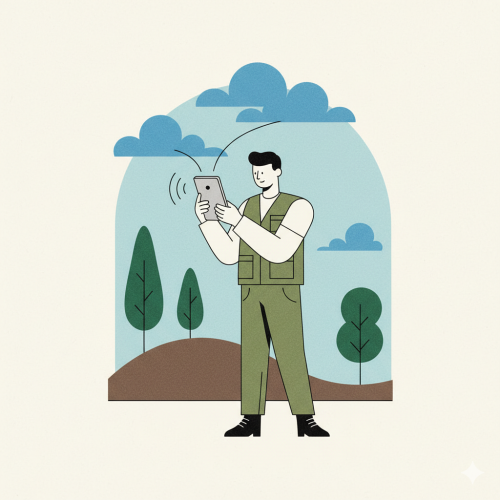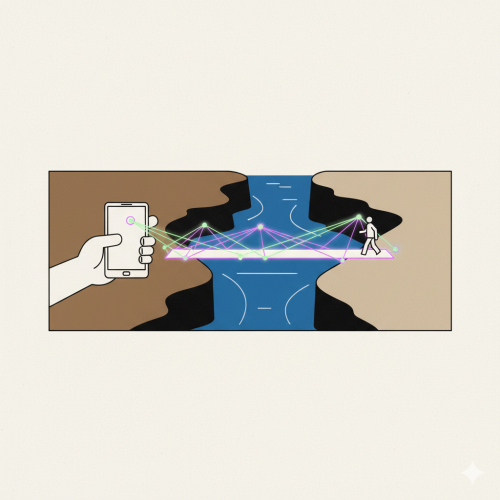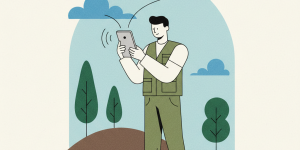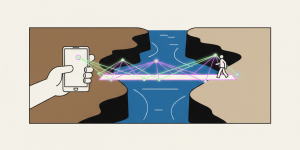WillowFlow’s Insights and Reflections
Humanitarian access doesn’t happen in a vacuum. It’s shaped by those who operate at its front lines, often negotiating more than just security threats — navigating complex relationships, fragmented governance, and the ever-evolving humanitarian landscape. We are pleased to publish this field article from South Sudan, authored by John Akook Adup of Malteser International, as part of our Field Insight series.
Humanitarian work in South Sudan extends far beyond service delivery. It demands navigating a complex landscape of fragmented governance, armed conflict, and societal tension. For organisations on the ground, security isn’t merely a concern; it’s an operational lifeline.
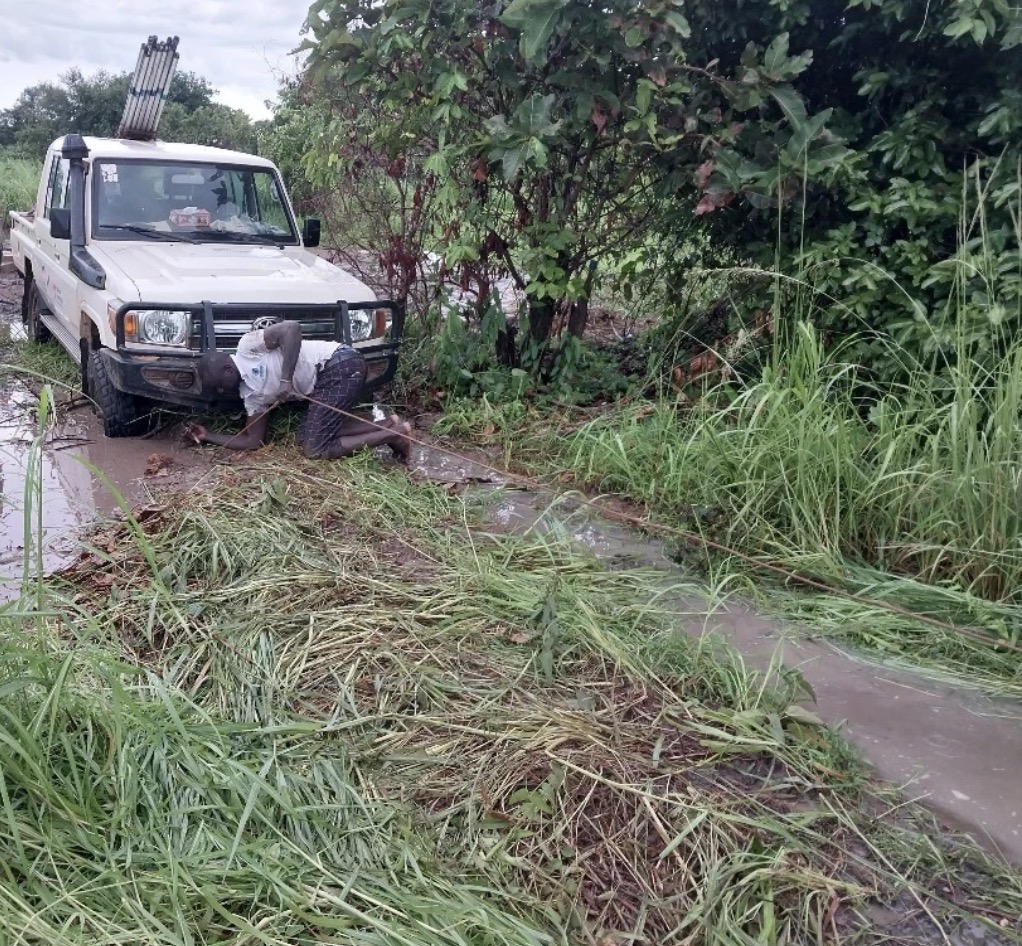
A field vehicle becomes immobilised during the rainy season, demonstrating the physical barriers to access that humanitarian actors face.
Access negotiations here are not abstract or policy-driven. They are lived realities for field staff whose ability to move safely between communities directly affects the delivery of life-saving support. Whether it’s navigating flooded roads or shifting checkpoints, every journey carries calculated risks.
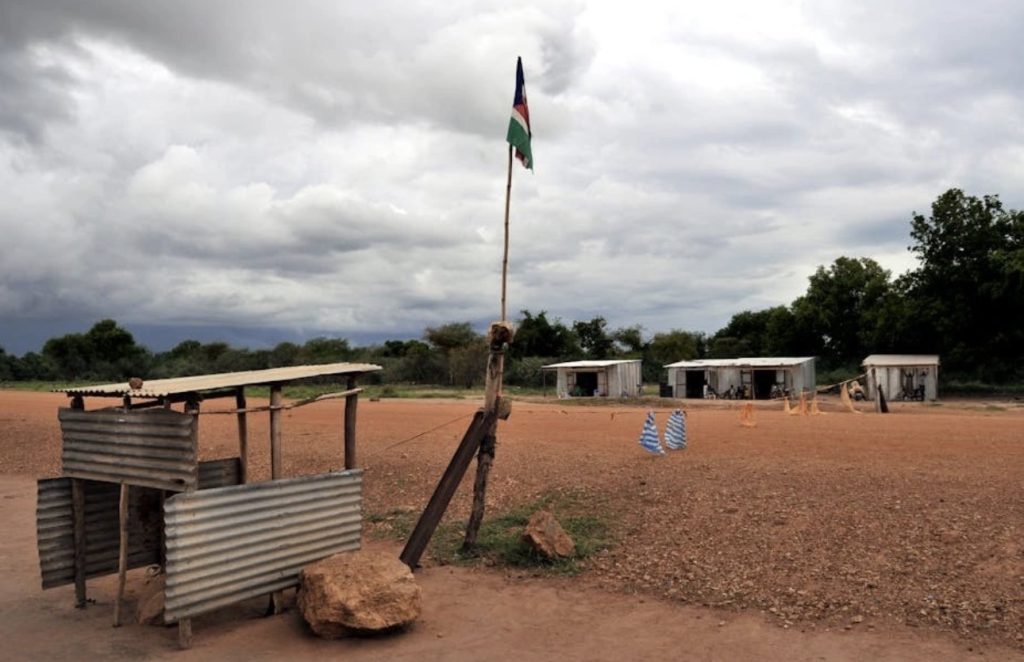
Many operational areas are governed by informal authorities, with changing checkpoints posing routine dilemmas for humanitarian access.
In South Sudan’s vast and underdeveloped regions, road access is limited and vulnerable to weather changes and territorial shifts between armed groups. This requires humanitarian organisations to develop agile access strategies grounded in local knowledge and ongoing dialogue with communities and authorities alike.
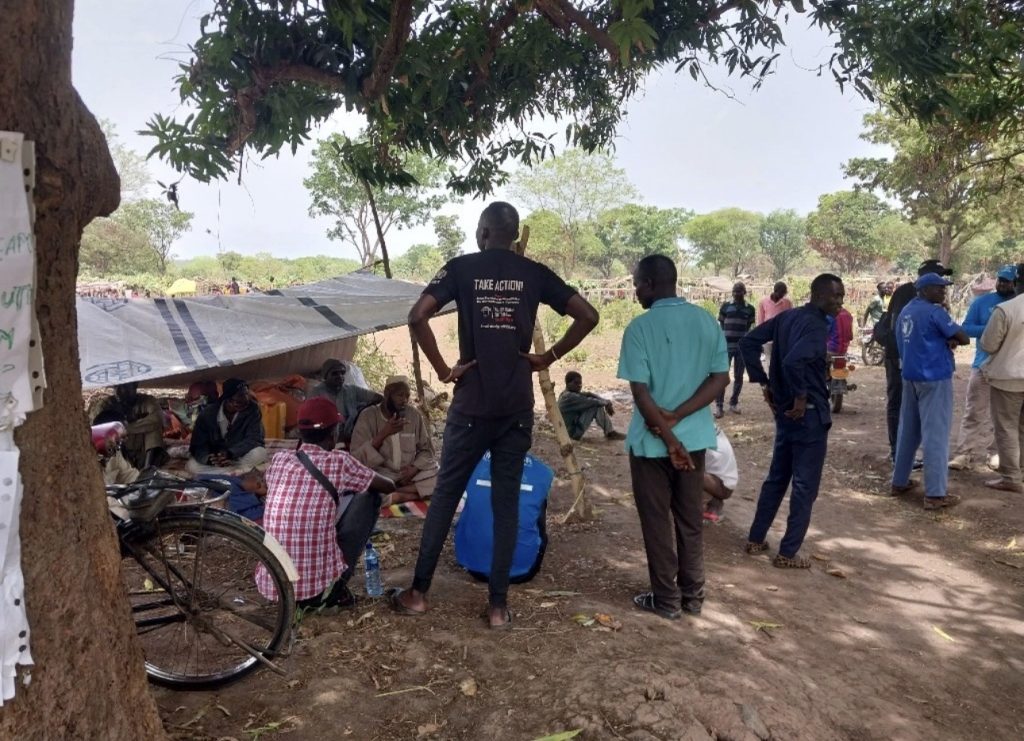
Collaboration is key. Coordination among NGOs, UN agencies, and local leadership allows for a collective understanding of access dynamics. It’s in these relationships that trust is built, incidents are de-escalated, and humanitarian corridors kept open.
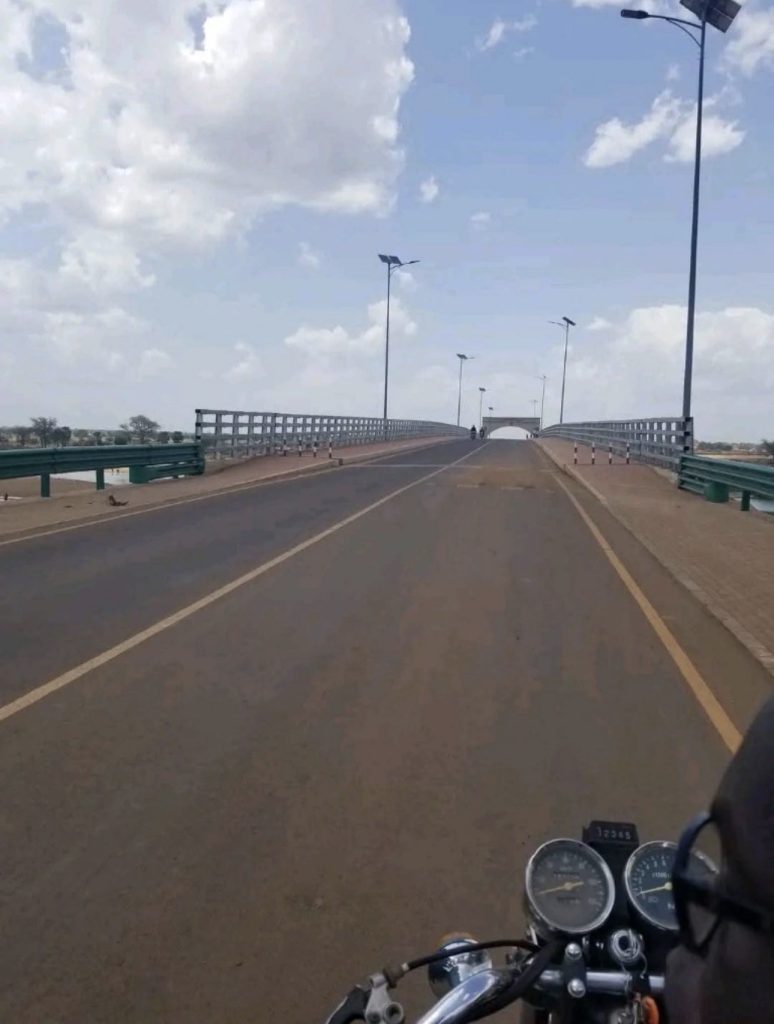
Infrastructure investments can ease humanitarian access in some regions, though security remains a constant consideration.
Investing in local safety and security officers with a deep understanding of context allows organisations to manage risk while supporting humanitarian principles. These field staff are often the unspoken bridge between strategy and action — between ambition and access.
About the Author
John Akook Adup is a seasoned Safety and Security Officer currently serving with Malteser International in South Sudan. With a robust career spanning humanitarian operations and law enforcement, John has developed deep expertise in navigating the complex security landscape of South Sudan.
He previously served as the Security Focal Point for ACTED, where he was instrumental in coordinating field safety and access strategies. His earlier tenure with the Sudan National Police Services, particularly in the Professional Standards Unit, provided him with a strong foundation in institutional security and ethical enforcement practices.
John holds a degree in Business Administration and has completed specialised security training, including ISO 31000 Risk Management, equipping him with both strategic and operational tools to manage risk in volatile environments. His unique blend of academic insight, field experience, and formal training makes him a trusted voice in humanitarian safety and access coordination.
Through his writing and fieldwork, John continues to advocate for safer humanitarian operations and stronger collaboration among stakeholders working in South Sudan.


